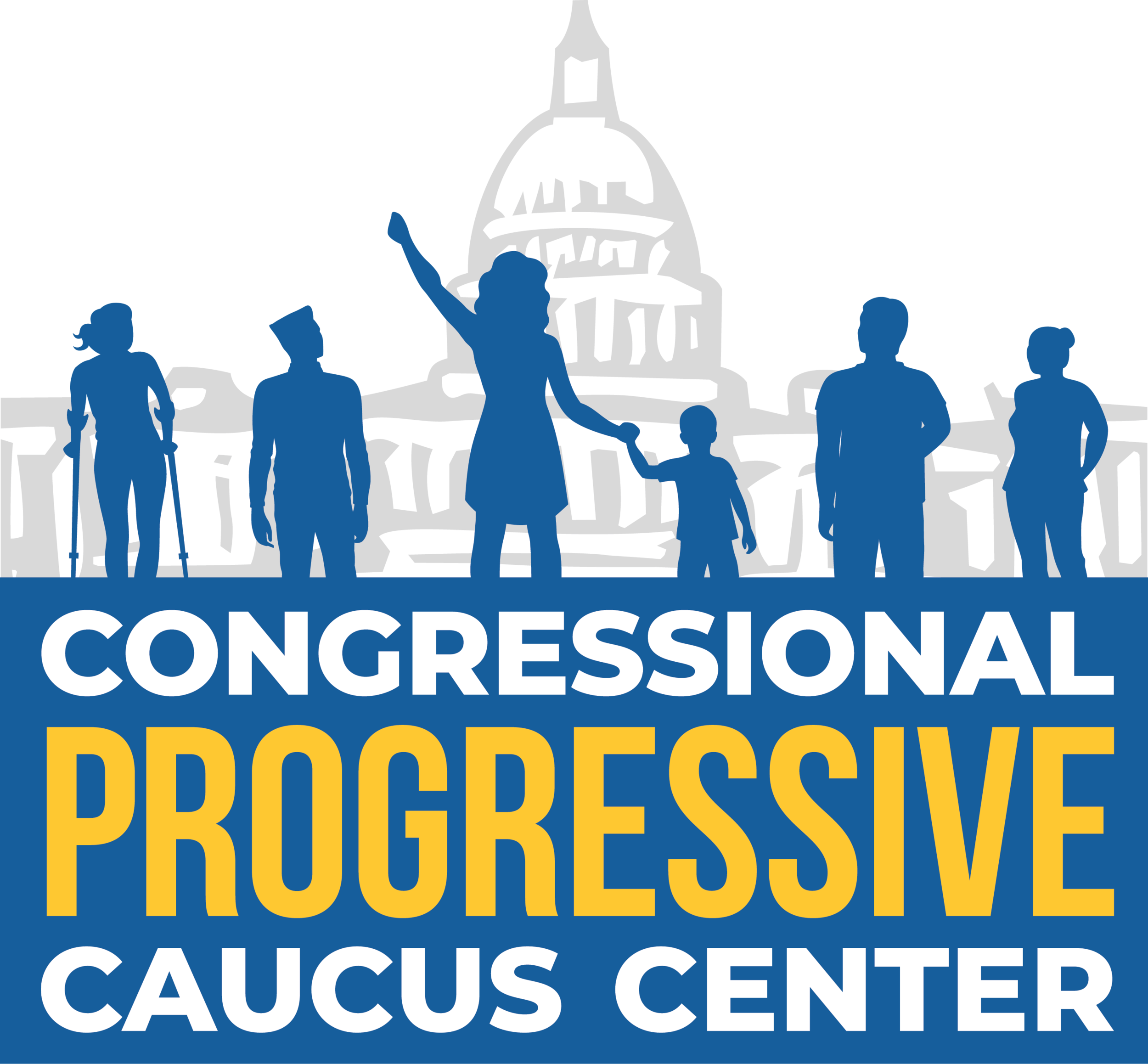October 4, 2023: What Does the Speaker Race Mean for Keeping the Government Open?
While we at the CPC Center will not speculate in terms of who might emerge as the next House Speaker and exactly how the next week will play out, we do want to follow up on our Monday update to share some potential scenarios concerning the speaker race ahead and its relationship to funding the government past November 17. Given the unprecedented circumstances, we may have yet to explore other possibilities below. This is simply a rundown of what we expect based on current information. We hope this proves helpful as you think through your next steps regarding government funding.
What to know about the speaker race and keeping the government running:
This could take a while—eating up time before the stopgap funding bill expires on November 17. The consensus among House rules experts is that acting Speaker pro tempore McHenry does not have the authority to preside over votes on legislation (with the caveat, again, that there is no precedent for this moment). That means the House—which has only passed four of the 12 bills needed to fund the government—cannot consider appropriations bills until members elect a new speaker. The House has already lost this week: if the speakership race drags out, the House will have even less time to consider the eight remaining spending bills before the continuing resolution (CR) that passed Saturday expires on November 17. This could leave the chamber with few options to avert a shutdown beyond passing a Senate-approved funding measure, should the Senate advance one. The problem with that is…
The next would-be speaker could make concessions around spending bills to secure GOP votes. On Tuesday, Rep. Matt Gaetz, who led the charge to remove former Speaker McCarthy, railed against repeated CRs and omnibus spending bills. Rep. Gaetz and his allies may insist that the next speaker promise to pass all 12 spending bills individually via regular order and that they refuse to put a new CR or omnibus spending bill before the House for a vote as former Speaker McCarthy did on Saturday. Of course, whether the new speaker can be held accountable for that promise depends on the House rules, and…
There could be changes to the House rules once a new speaker is sworn in. As we saw Tuesday, it only takes one member to force a vote on ousting the speaker because of the rules enacted earlier this Congress. A new speaker could seek to change that rule to avoid former Speaker McCarthy’s fate. While numerous Republicans lamented Tuesday’s “chaos,” it’s unclear how many would support that rule change. If the one-person threshold remains in place…
The next speaker could be in the same position as former Speaker McCarthy when it comes time to fund the government—and will have to choose whether or not to risk their job. Say the Senate approves a bipartisan CR or omnibus to fund the government post-November 17. The new speaker must decide whether to let the House vote on that bill and risk being ousted or refuse to take the Senate-passed bill up and cause a government shutdown. Furthermore, if they do take up a bipartisan funding bill, and they, too, meet the same fate as former Speaker McCarthy…
We—and the country—could be in exactly the same position right before the holidays. In theory, Congress could enact another short-term CR expiring right before Christmas, and another speaker could be voted out. That would leave us without a speaker and with just weeks to avert a government shutdown that jeopardizes people’s food access, takes away federal workers’ and contractors’ paychecks, costs air traffic controllers amidst busy holiday travel, and much more.
I hope this is helpful, and would welcome feedback on these issues as we all learn from each other during these historic times.

